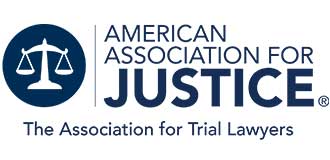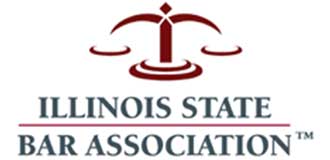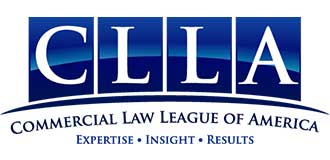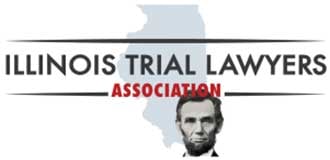A non-compete agreement is designed to protect a business, often with the goal of safeguarding intellectual property. Workers who sign these agreements are stating that they will only work for that specific company and that they will not suddenly leave to join the competition. They may also indicate that they won’t leave to start a company – at least, for a time – that would then become competition for their former employer.
But this type of protection may be coming to an end in the future. The Federal Trade Commission (FTC) has proposed a new rule that would ban non-compete agreements entirely. They would not be upheld in the future and would be considered prohibited documentation. In other words, even if a business owner convinced an employee to sign the non-compete agreement, the court would not enforce it if that employee then went on to break the agreement.
Are there other ways to protect intellectual property?
The reason that the FTC gives for banning noncompete agreements doesn’t have as much to do with intellectual property as it does with compensation. The agency believes that workers’ earnings are being repressed by non-compete agreements and that they would make a significant amount more – $300 billion – if these were banned.
Thankfully, there will still be steps that employers will be able to take to protect their intellectual property in the event that non-competes are banned. For example, using a nondisclosure agreement so that a worker who leaves the company is prohibited from talking about certain topics with others can be helpful. Additionally, business owners may want to look into patents and copyrights so that they can put legal protections around their intellectual property, even if the competition does end up learning about it.
As can be seen, the legal system can be complex for business owners. It’s very important for them to know exactly what steps to take and to keep an eye on potential changes to the law. Seeking legal guidance proactively – instead of only reactively – is a good way to start.
















